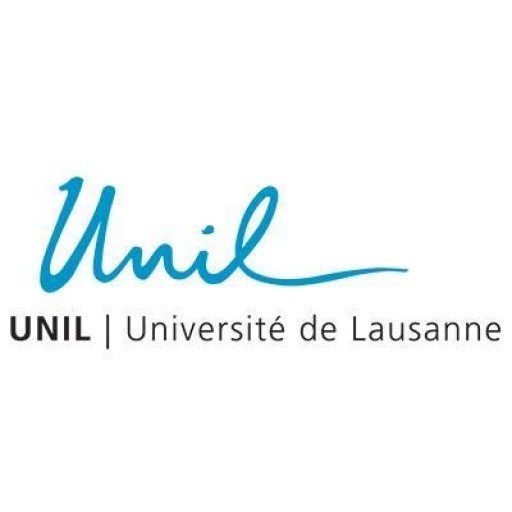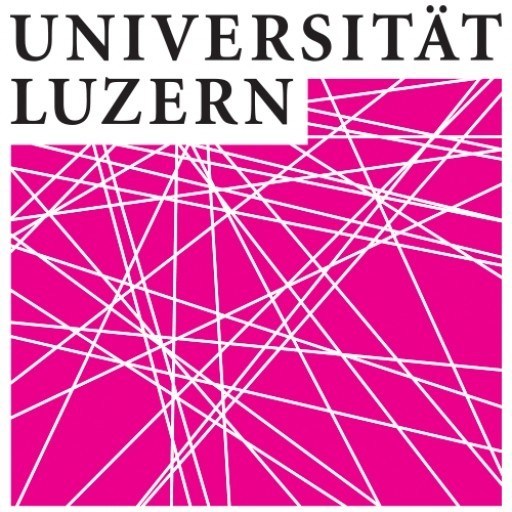Photos of university / #epflcampus
Bioengineering at the Swiss Federal Institute of Technology in Lausanne offers a comprehensive multidisciplinary educational experience, preparing students to innovate at the intersection of biology, engineering, and medicine. This programme is designed to address the growing demand for professionals capable of applying engineering principles to solve complex biological and medical challenges. Students will gain a solid foundation in fundamental sciences such as biology, chemistry, physics, and mathematics, alongside specialized courses in biomedical engineering, molecular biology, systems biology, and bioprocess engineering. The curriculum emphasizes both theoretical knowledge and practical skills, including laboratory work, project-based learning, and collaborations with industry partners and research institutions. The programme also explores cutting-edge topics like tissue engineering, regenerative medicine, medical imaging, bioinformatics, and biotechnologies, ensuring graduates are well-equipped for careers in research, healthcare, biotechnology, or academia. Emphasis is placed on innovation, ethical considerations, and sustainable development within the field of bioengineering. The educational approach combines classroom instruction, hands-on laboratory experience, and multidisciplinary teamwork, fostering critical thinking and problem-solving capabilities. Students are encouraged to participate in internships, research projects, and workshops to deepen their understanding and develop professional competencies. The degree prepares graduates for diverse employment opportunities including medical device development, pharmaceuticals, diagnostics, research laboratories, and regulatory agencies. Furthermore, the programme benefits from the university’s strong connections with industry and research networks in Switzerland and abroad, providing students with valuable professional exposure. Upon graduation, students will be able to contribute to advancing healthcare technologies, improving patient outcomes, and developing innovative solutions to biological and medical challenges. The Bioengineering programme at EPFL combines rigorous academic training with practical application, making it a leading choice for aspiring engineers dedicated to making a difference in the biomedical field.
Specializations of bioengineering include the disciplines of mechanics of biological systems, transport phenomena, biomimetics and tissue engineering. It is also possible to opt for a Minor in Biomedical Technologies or in Biocomputing. These minors are offered in collaboration with the sections of Computer Science and Microengineering. The former prepares for the mastering of technologies for diagnosis, cutting-edge analytical methods and medical equipment. It gives students the opportunity to be involved in projects related to the application of nanotechnologies to living organisms. The latter orients students towards the modeling of biological systems and bioinformatics.
Candidates should have a Bachelor’s degree from a reputable university and excellent academic records. The curriculum requires a solid background in sciences and technology, (mathematics, physics, chemistry, signal processing, electronics and electrical systems, computer sciences) biosciences and medical physiology.
Funding opportunities for the Bioengineering program at the Swiss Federal Institute of Technology in Lausanne (EPFL) are diverse and designed to support students throughout their studies. Students admitted to the program can benefit from a variety of financial aid options, including government grants, university scholarships, fellowships, and external funding sources. The EPFL offers merit-based scholarships for outstanding students, which are awarded based on academic excellence, research potential, and motivation. These scholarships may cover tuition fees partially or entirely and sometimes include a living stipend. Furthermore, the Swiss government provides support programs for international students, including travel grants and initial accommodation allowances, which can assist in reducing the financial burden associated with relocating and settling in Switzerland.
In addition, EPFL offers research assistantships for students engaged in related research projects, providing a stipend in exchange for their participation in academic work. This is especially common for students enrolled in Master’s or doctoral programs, but undergraduate students may also have opportunities depending on ongoing research activities. Many students also secure external funding through scholarships from their home countries or international foundations supporting STEM education. For instance, some students may qualify for Erasmus+ funding or other European Union grants aimed at promoting higher education mobility and collaboration within Europe.
Part-time work opportunities are available both on and off campus, allowing students to supplement their income during their studies. The university’s career services offer guidance and resources to help students find suitable employment options. It is important for prospective students to explore and apply early for financial aid as competition can be high, and conditions vary between funding sources. Additionally, students are advised to consult directly with EPFL’s financial aid office to obtain personalized information about available funding pathways and application procedures. Overall, while studying Bioengineering at EPFL involves tuition and living costs, the comprehensive support network and funding schemes aim to make higher education accessible to talented students from around the world.
Minors recommended with this Master:
• Biocomputing
• Biomedical Technologies
• Biotechnology
• Management, Technology, Entrepreneurship
• Neuroprosthetics





